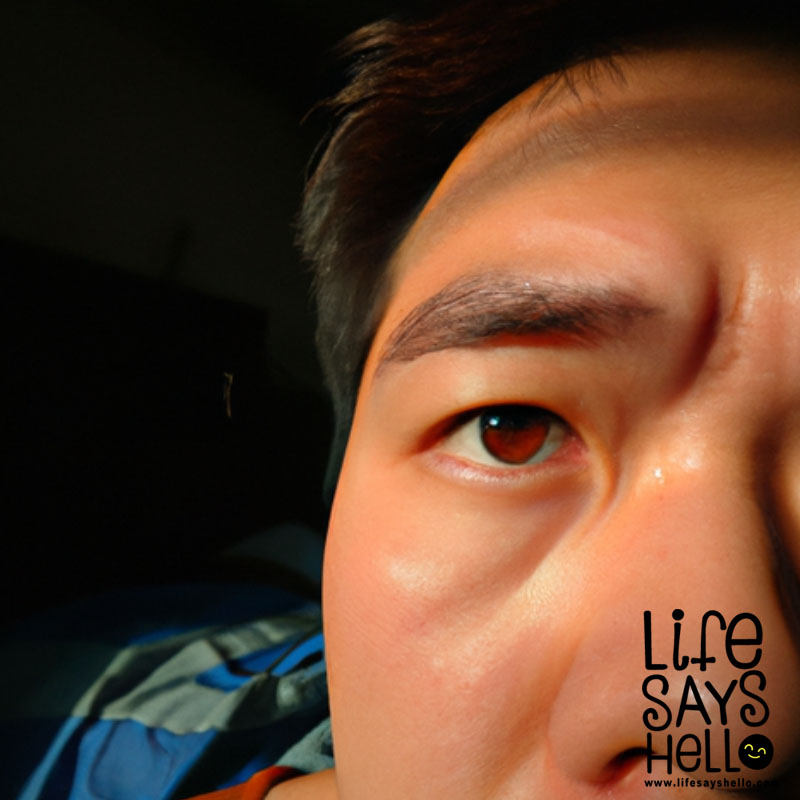Why Do Addicts Relapse Even When Things Are Good?

*The Triggers That Cause Addicts to Fall Back Into Old Habits
Being an addict can be a challenging experience, and staying sober can be an even more arduous task. Despite the best efforts, addiction can be challenging to overcome, and many individuals struggle with relapses. It’s common for addicts to relapse, even when things are going well, and they have managed to stay sober for a while.
In this article, we will explore why addicts relapse when things appear to be good and what triggers their behavior.
What is Relapse?
Before diving into the reasons why addicts relapse, let’s first understand what relapse means. Relapse is a term used when an individual who has managed to stop using drugs or alcohol starts using them again. In simpler terms, it refers to a return to substance abuse. Many individuals experience relapse, and it can occur during the recovery process, even when they have been sober for an extended period.
Why Do Addicts Relapse?
Addiction is a complex disease that affects the body, mind, and spirit of an individual. While there are various reasons why addicts relapse, here are some of the most common triggers:
Emotional Triggers Addiction is often a byproduct of an emotional disorder. Therefore, when an individual is in a good mood or feeling positive, they may feel like they have overcome their addiction. However, when a negative emotion hits, such as anxiety, depression, or stress, it can become overwhelming, and the individual may turn to drugs or alcohol for comfort. These emotional triggers can be challenging to avoid, and therapy is often needed to help individuals learn healthy coping mechanisms.
Social Triggers Addicts often have a social circle that revolves around their addiction. Being in the company of individuals who use drugs or alcohol can be a trigger for a recovering addict. Additionally, attending social events where alcohol is served can be a significant challenge for a recovering alcoholic. It’s important to recognize social triggers and take steps to avoid them, such as finding new friends and avoiding events where drugs or alcohol are present.
Environmental Triggers Environmental triggers can be anything that reminds the individual of their substance abuse. This could be a location, smell, or sound. For example, if an individual has a drinking problem, walking past a bar may trigger their desire to drink. These triggers can be challenging to avoid, but with the right therapy, individuals can learn to cope with them more effectively.
Complacency Complacency is a dangerous emotion for individuals in the recovery process. When things are going well, addicts may start to feel like they have overcome their addiction. They may stop attending therapy sessions or avoid taking their prescribed medications. This sense of confidence can be dangerous, as it can lead to a relapse.
Physical Pain or Illness Addicts often use drugs or alcohol to numb physical pain or illness. When they experience pain or illness, it can be challenging to avoid turning to drugs or alcohol for relief. It’s important to have a healthy plan in place to manage physical pain or illness without turning to drugs or alcohol.
Conclusion
In conclusion, relapse can be a challenging aspect of addiction recovery. It’s essential to recognize the triggers that can cause a relapse and take steps to avoid them. Therapy can be an effective way of learning healthy coping mechanisms and managing triggers.
Remember, addiction is a disease, and it’s essential to seek professional help when needed. With the right support, anyone can overcome addiction and live a healthy, fulfilling life.




Comments